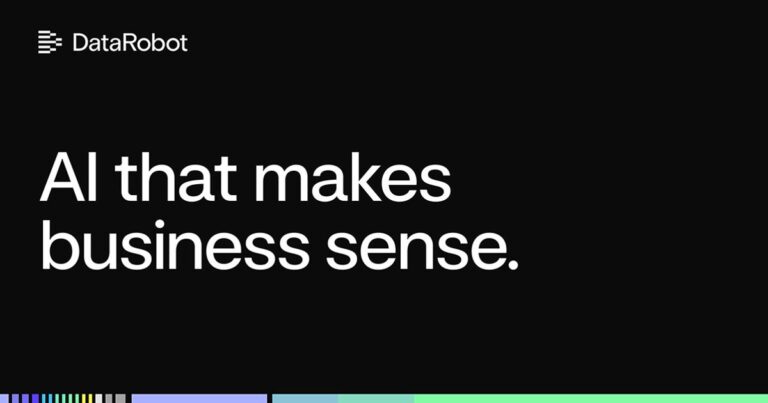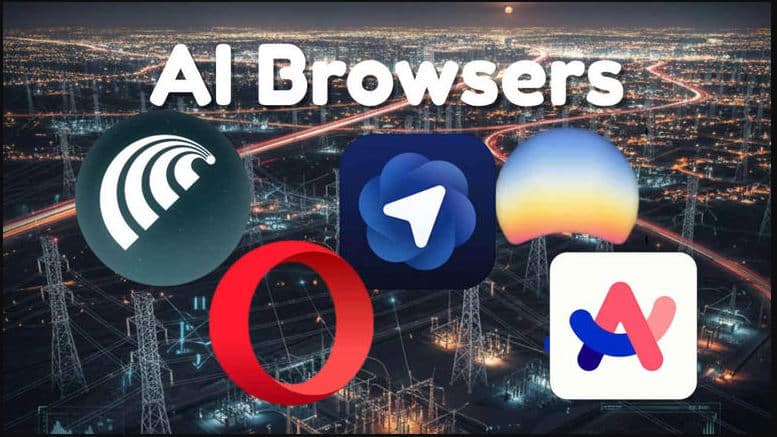AI Tools for Enhancing Productivity at Work: A Modern Guide to Smart Efficiency
In today’s fast-paced and competitive work environment, artificial intelligence (AI) is no longer a futuristic concept—it’s a practical tool reshaping how we work. From automating mundane tasks to offering advanced data insights, AI tools are empowering professionals to work smarter, not harder. As organizations seek to optimize efficiency and innovation, embracing AI has become a strategic move to boost productivity. This article explores key AI tools across various domains and how they can revolutionize workflows, collaboration, and decision-making.
1. Task Automation: Streamlining Repetitive Workloads
AI excels at handling repetitive, time-consuming tasks, freeing up human resources for more creative or critical thinking.
- Zapier & Integromat: These platforms automate workflows by connecting apps and triggering actions based on predefined rules. For example, automatically transferring data from Google Forms to a spreadsheet or generating invoices from email requests.
- UiPath: A robotic process automation (RPA) tool that mimics human interactions to perform tasks like data entry, report generation, and email sorting. It’s widely used in finance and customer service for its precision and scalability.
- Microsoft Power Automate: Integrates seamlessly with Microsoft 365, automating tasks such as sending notifications, organizing files, or updating databases.
By automating routine processes, these tools reduce errors, cut down on manual labor, and ensure consistency across operations.
2. Communication & Collaboration: Bridging Gaps with Intelligence
Effective communication is vital for productivity, and AI is enhancing how teams interact.
- Microsoft Teams & Slack AI Features: Both platforms use AI for smart replies, meeting summaries, and predictive scheduling. For instance, Teams’ AI-driven transcription and translation features help global teams collaborate effortlessly.
- x.ai: An AI scheduling assistant that autonomously coordinates meetings by analyzing calendars and proposing optimal times.
- Otter.ai: Offers real-time transcription and note-taking during meetings, ensuring no critical information is missed.
These tools reduce the time spent on administrative communication tasks, allowing teams to focus on meaningful collaboration.
3. Writing & Language Assistance: Polishing Content with Precision
AI-powered writing tools help professionals refine their communication and save time on editing.
- Grammarly: Uses natural language processing (NLP) to detect grammatical errors, suggest enhancements, and adapt tone for different audiences.
- Hemingway Editor: Highlights complex sentences and improves readability, making technical or business writing more concise.
- Jasper & Copy.ai: Generate high-quality content for marketing, reports, or emails, leveraging AI to brainstorm ideas and draft texts efficiently.
Such tools ensure clarity, consistency, and professionalism in written tasks, reducing the time spent on revisions.
4. Data Analysis & Decision-Making: Transforming Raw Data into Insights
AI tools turn vast amounts of data into actionable insights, aiding faster and more informed decisions.
- Tableau & Power BI: These platforms use AI to visualize data, identify trends, and create predictive models. For example, Power BI’s “Quick Insights” feature automatically analyzes datasets for patterns.
- Google Data Studio: Integrates AI to generate dynamic reports and dashboards, simplifying data interpretation for non-technical users.
- IBM Watson: Analyzes complex data sets to provide industry-specific insights, from customer trends to operational efficiencies.
By automating data analysis, these tools enable teams to focus on strategy rather than manual data crunching.
5. Time Management & Scheduling: Mastering Priorities
AI helps professionals manage their time effectively, balancing workloads and deadlines.
- x.ai (Again): Beyond scheduling, its AI assistant can manage follow-ups and optimize calendars for peak productivity.
- Clockify & Toggl: Use AI to track time spent on tasks, categorize work, and generate reports for project management.
- Google Calendar with AI: Offers smart suggestions for meeting times, event reminders, and even predicts deadlines based on historical data.
These tools minimize procrastination and help users prioritize tasks with greater accuracy.
6. Project Management: AI-Driven Efficiency
AI-enhanced project management tools streamline workflows and improve team coordination.
- Asana & Monday.com: Incorporate AI to prioritize tasks, estimate timelines, and flag potential bottlenecks. For example, Asana’s AI-powered “Smart Tasks” suggest due dates based on past project data.
- ClickUp: Uses AI to auto-generate task dependencies and provide progress forecasts.
By anticipating challenges and optimizing resource allocation, these tools reduce project delays and improve outcomes.
7. Research & Information Gathering: Accelerating Knowledge Acquisition
AI tools assist in quickly finding, organizing, and summarizing information.
- Google Scholar & Wolfram Alpha: Use AI to refine search results, suggest relevant papers, or answer complex queries.
- Elicit: An AI research assistant that helps find academic papers, extract key points, and manage references.
- Notion with AI Plugins: Integrates tools like TextExpander or AI-powered summarizers to enhance knowledge management.
This is especially useful for teams in R&D, marketing, or strategy, where speed and accuracy in research are critical.
8. Challenges and Considerations
While AI offers immense potential, adoption comes with hurdles:
- Data Privacy: Ensure tools comply with regulations like GDPR when handling sensitive information.
- Learning Curve: Employees may require training to leverage AI effectively.
- Integration Costs: Initial setup or subscription fees can be a barrier for small teams.
However, the long-term gains in time savings and efficiency often outweigh these challenges, especially with cloud-based solutions and scalable platforms.
Conclusion: The Future of Productivity is Intelligent
AI tools are not just about efficiency—they’re about redefining what’s possible in the workplace. By automating tasks, enhancing communication, and providing actionable insights, they enable professionals to focus on high-value work. As AI continues to evolve, its integration into daily workflows will become increasingly essential. The key lies in adopting the right tools strategically, ensuring they align with organizational goals and complement human expertise. In this new era, embracing AI isn’t just an option; it’s a necessity for staying ahead in a competitive landscape.
Final Thought
Productivity isn’t about doing more—it’s about doing better. With the right AI tools, businesses can unlock new levels of efficiency, innovation, and scalability. The future of work is here, and it’s smarter than ever.







